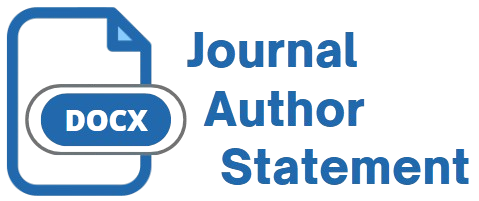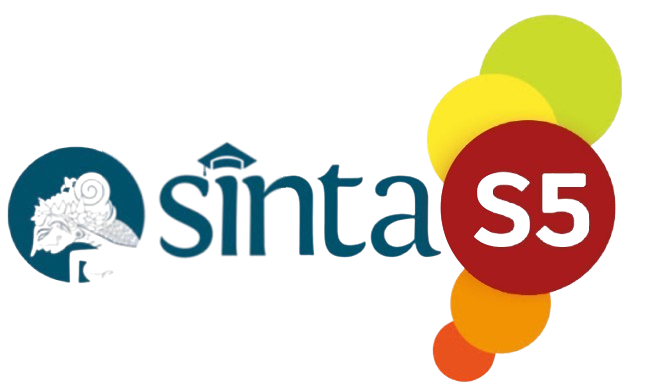Nursing Care for Post PCNL Patients With Acute Pain Through Foot Massage in the Urology Surgery Room at General Ahmad Yani Metro Hospital
DOI:
https://doi.org/10.56359/igj.v4i2.472Keywords:
Post PCNL, Acute Pain, Foot Massage, Pain ManagementAbstract
Background & Objectives: Management of acute pain in post-operative PCNL (Percutaneous Nephrolithotomy) patients is essential to support optimal recovery and improve patients' quality of life. One effective non-pharmacological method to manage pain is foot massage therapy, which provides a relaxing effect and helps reduce pain intensity. This scientific work aims to describe nursing care using foot massage interventions in post-PCNL patients with complaints of acute pain.
Methods: This research design is a case study, with the research subject being a patient who was treated in the urology surgery room at General Ahmad Yani Metro Hospital. Foot massage intervention was carried out for two consecutive days, each for 20 minutes each session. The techniques used included effleurage and petrissage movements on the patient's foot area, designed to relieve pain and improve blood circulation.
Results: The results showed a decrease in pain intensity in patients after foot massage therapy, from scale 7 to scale 4 within 30 minutes post intervention.
Conclusion: This effect shows that foot massage is effective in reducing acute pain in post-PCNL patients, so it can be recommended as a complementary pain management method.
Downloads
References
Kim, J., & Lee, H. (2018). The effects of foot massage on postoperative pain and relaxation: A systematic review. International Journal of Nursing Practice, 24(2), e12630.
Lee, S. J., Park, S. Y., & Kim, H. Y. (2019). Effectiveness of foot reflexology on pain and anxiety reduction in postoperative patients. Journal of Clinical Nursing, 28(1), 125–133.
Yuniwati, C. (2019). Penerapan foot massage untuk mengurangi nyeri postpartum. Jurnal Kesehatan Ibu dan Anak, 10(3), 45–52.
RSUD Jenderal Ahmad Yani Metro. (2023). Laporan tahunan kasus urologi. Dokumentasi Internal RSUD Jenderal Ahmad Yani Metro.
McCracken, M., Grunau, R. E., & Pillai Riddell, R. (2018). The impact of anxiety on gastrointestinal symptoms: A review. Digestive Diseases and Sciences, 63(8), 2073–2081.
Iwandani, N. L., Faozi, E., & Apriyanto, W. J. (2024). Fibrinolitik sebagai Upaya Penatalaksanaan Urgency pada Pasien STEMI Di Instalasi Gawat Darurat RSUP dr. Soeradji Tirtonegoro: Case Study. INDOGENIUS, 3(1), 19-23.
Hoffman, A. J., & Sullivan, P. J. (2018). Psychological effects of acute pain management in postoperative patients: Stress, anxiety, and outcomes. Pain Management Nursing, 19(3), 180–188.
Gunawan, A., Padilah, N. S., Mulyani, M. D., Kusumawaty, J., & Nurapandi, A. (2023). Case Study: Implementation of Use of Warm Compress Therapy to Reduce Pain Intensity in DHF Patients. Genius Journal, 4(1), 220-228.
Pavlin, D. J., Chen, C., & Penaloza, D. A. (2017). The role of breathing techniques in managing postoperative nausea and vomiting. Journal of Anesthesia & Analgesia, 24(5), 451–460.
Kiecolt-Glaser, J. K., Fagundes, C. P., & Andridge, R. (2019). The impact of chronic stress on wound healing: A review. Psychosomatic Medicine, 81(6), 505–514.
Downloads
Published
How to Cite
Issue
Section
License
Copyright (c) 2025 Firda Garbo Iman, Eko Wardoyo, Sugiarto

This work is licensed under a Creative Commons Attribution 4.0 International License.















